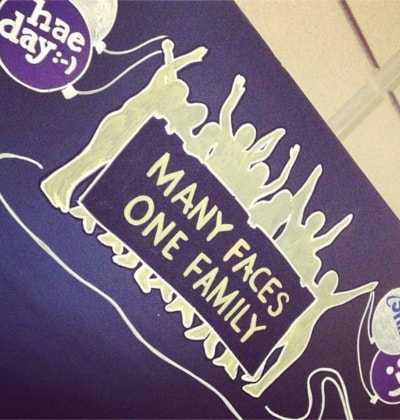Welcome to HAE UK, online support for all UK patients with Hereditary Angioedema (HAE)
Hereditary Angioedema (HAE) is a rare but potentially life-threatening inherited condition. HAE symptoms include episodes of oedema (swelling) in various body parts including the hands, feet, face and airway. In addition, patients often have bouts of excruciating abdominal pain, nausea and vomiting which is caused by swelling in the intestinal wall. Airway swelling is particularly dangerous and can lead to death by asphyxiation.
HAE patients frequently spend a long time before they are correctly diagnosed. They are often referred to allergy departments, yet their swellings will not respond to antihistamines or steroids. Some patients with abdominal swelling are subjected to unnecessary exploratory procedures, such as appendectomies or bowel surgery; some are even considered to have psychiatric problems (it is no coincidence that Hereditary Angioedema used to be called ‘Angio-Neurotic Oedema’). One of the diagnostic features is family history; prior to the condition being identified, about 30% of patients died from lack of treatment.
Patients with HAE either lack a regulatory protein called ‘C1-Inhibitor’ or their C1-Inhibitor has very low activity. Most patients have a family history, but some are spontaneous mutations. There is a 50/50 chance of passing HAE on to your children.
Treatment for HAE is available, is easily administered and is relatively inexpensive. C1-inhibitor can either be replaced directly, by using a C1-Inhibitor concentrate; or the process that it controls can be interrupted by use of a bradykinin antagonist.
There are some more complicated conditions that are very similar to typical HAE, but are classed as ‘HAE with Normal C1 Inhibitor’. There is also Acquired Angioedema (AAE) who are people who have angioedema as a side effect from treatment for other illnesses.


